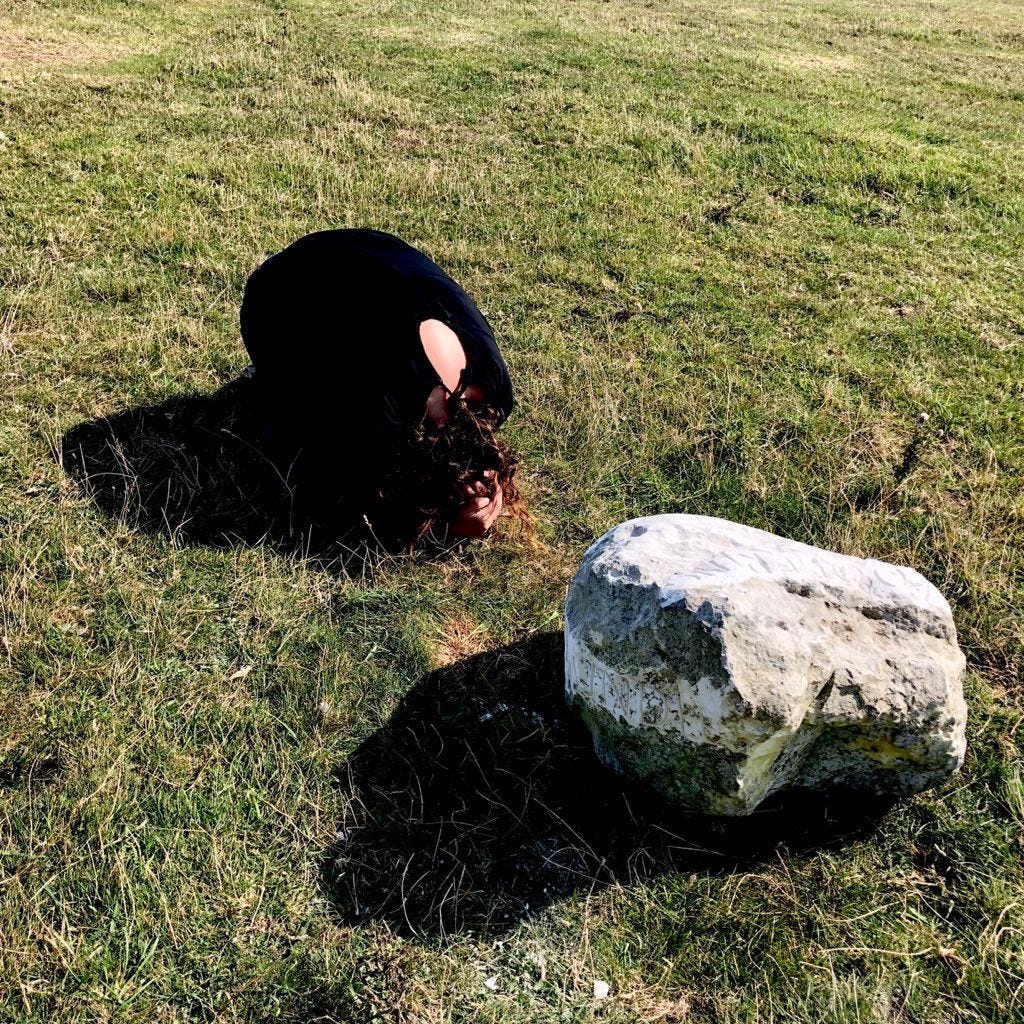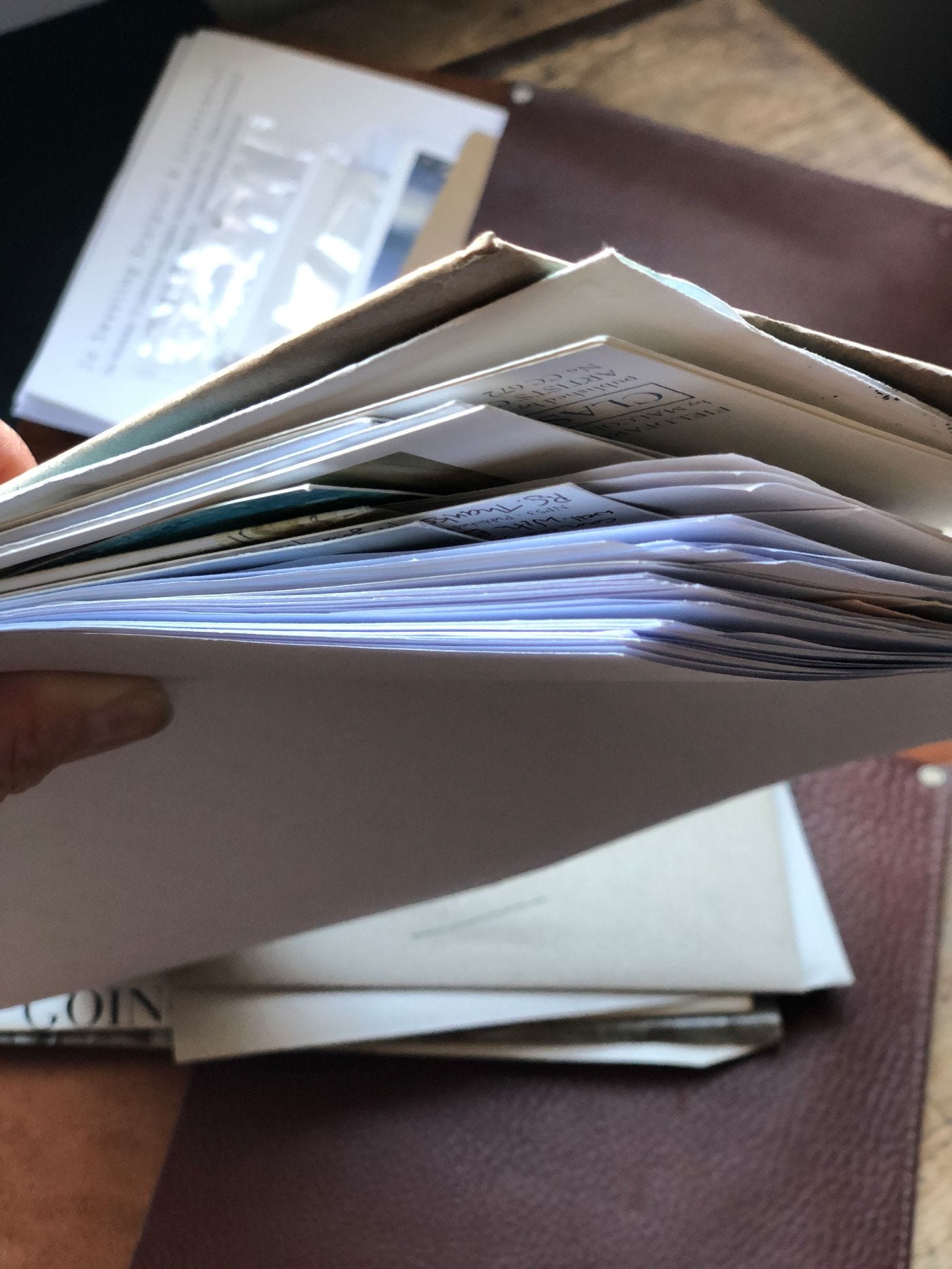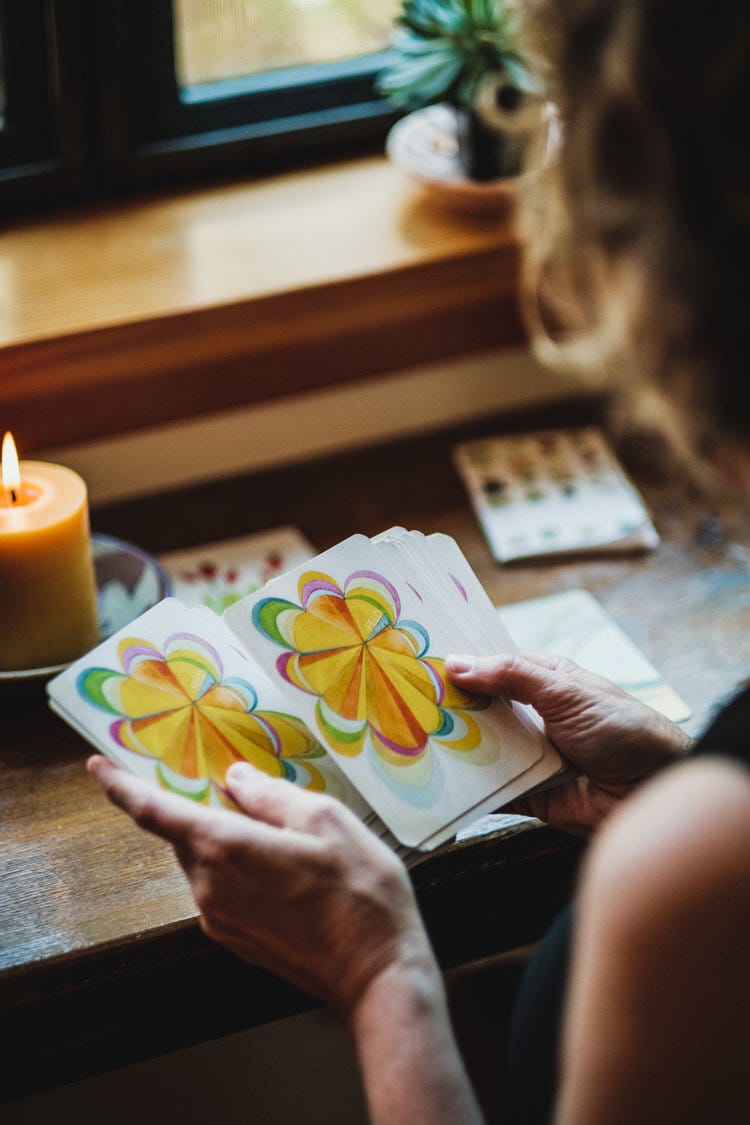Self-Islanding (Carver's Notes)
A reflection on isolation and connection, by sculptor Jo Sweeting
I carve the land I walk on, sculpt the chalk and limestone that is the very bedrock of this island where I was born and haven’t left in twenty-five years. The South Country and its chalk downscape is heart-ground and place of my belonging.
Early grief left me unable to travel and so I have walked and returned over and over to the same places. This is not something I mourn. Nor would I consider it confining. I refer to myself often as ‘three-mile radius girl’, although that is an exaggeration of my limits. Apart from the southern downs I have also revisited North Devon for twenty-five years and consider it my sanctuary, a nest forged with memory and time. I note the specifics, the essence of the places I inhabit. I know them to the core.
My daily rituals are walking and carving. Writing and printing. The making of responses to the familiar and often tiny non-human specimens that I find in the fields. Temporary and transient. Note them now or they are gone. The changing rhythms of the seasons are fluid. There is no ending or hiatus between the end and a beginning here.
I am now an island. As truly we all know we are. Self-Islands. For many this experience in the time of Covid19 is a harrowing one not only because of the fear of illness but because of the fear of being alone. In welsh ‘Hunan Ynysu’ or Italian ‘Insula’ are words that echo space and solitude. A quiet time. Slow-time.
For many who live their lives amidst busy townscapes and crowded offices, theatres and stadia this is frightening. I fear being crowded and having to perform amongst others. We all now stand as islands, breathing in as we pass each other and contracting away from other’s physical mass. We remove our eye contact and gaze inwards, for a second.
But hold that inward gaze and note the potential.
Walking as a lone human in the fields, usually attended by two whippets, there is much companionship in the company of non-human beings. The soundscape of wind and the song of birds so much louder in these quiet-times. Up in the field, skylarks, rise and fall to their home ground. Huge flat-bottomed clouds banking in a dark blue sky. These tiny birds lift their song and my spirits.
In spite of the virus, I breathe deeply — to breathe is to live. I pay full attendance to this place and in it, my borders blur and I become less alone. The rhythm of my walking and breathing become tuned. A call and response. I notice. As I walk I note the horizon. The anticipated line of the chalk path passing through me as I walk it, then leave it behind.
During this time of apartness, we remain in our homes, sometimes together and sometimes alone. The animal in us is grateful for the protection we find in our home. We retire to find privacy. We take cover. Hunker down. Lay snug. We are in a time which is full of retreat but which can also offer renewal whilst we are still. We have returned to our ‘hibernaculum’ which offers us solace in these dark times…a way to store up for our lonely, hungry times.
Whilst talk of reducing the ‘curve’ and progress of the virus continues to consume and confine us the land and nature stride forward. Out on the hills, the air is clear, the road noise barely audible. Birdsong is loud and large bumblebees work the fields and dandelions. Buzzards are mobbed by crows. Hawks stoop and gulls tilt. Skylarks flit, as teleprinter across to the field. The sky is pewter and the mood sombre. I walk a line in isolation.
What I find on the downs feeds my work but in this extraordinary time, I realised very quickly that I miss the physical presence of friends. I decided that I would use the experience of my thoughts and images collected from the fields to send out in letters.
The joy of writing on paper with a pen and spending time with full attention has been illuminating.- thoughts held in the mind and then written on the page and sent outwards, like a beam from a lighthouse. The call and response are magnified, letters came back and they brought news from other self- islanders. They became distant companions.
In its original Latin form — companio — companion means, he with whom one shares one’s bread. In these times this cannot be done. Companionship is limited. The physical weight and contact of a letter held in the hand offers solace and reward. An affirmation of others.
We have become distant but fellow travellers. There is connection and rich comfort and a physicality felt which we are all missing at this time. Writing acts as an anchor.
We will become a wide and extraordinary, vast and diverse continent again. We will meet again as great herds, flocks and shoals. We will talk of this time and perhaps we will be grateful and more celebrating of the beautiful world we belong to. In awe and more respecting of the responsibility that our wide strides have on the landscape. Perhaps the time after the virus will be full of reciprocity and individual islands finding new ways of offering safe harbour.
(All images are reproduced with kind permission from Jo Sweeting)
Self-Islanding (Carver’s Notes) - was originally featured as Thread 22 (June 2020) in the Wild Woman Web (Wild Women Press), a monthly thread bringing together wild women from around the world.
Nature Energy — Marigold
by Ruth Snowden
Marigolds are perhaps not the obvious choice as a flower for the dark, misty days of midwinter, but this is the flower that speaks to me today when I go out into the garden. Its little face is a bit torn and battered, but there it is, still flowering away in a muddy corner, still resolutely orange and cheerful. And this is the spirit of Marigold, here to remind us that when times seem dark or dreary, better days are still to come.
This is the Pot Marigold, Calendula Officinalis, which originated in Southern Europe - not to be confused with those marigolds of the Tagetes family, which come from Central America. It has long been cultivated in gardens and used as a medicinal plant to help inflammation and skin conditions. It is easy to grow and a makes a very good starter plant for budding gardeners — my own first memory of marigolds comes from when I was about eight when my mother allotted me a tiny patch of garden of my own. I still remember the thrill of buying the packet of seeds in the village shop and watching my plants magically emerging from the earth.
Think back to a time in your life when things seemed bleak and difficult. Write in your journal about what you remember, how you felt, what was torn and broken.
Take your past self on a magical mystery flight, showing them bright things to come, exciting times to look forward to, new friends that you will meet, and places that you will explore.
What were the positive qualities that your past self had, that enabled you to get through?
Honour those positive aspects of yourself and write them down. And maybe buy yourself some marigold seeds, ready for the spring!
Now for another writing prompt. Begin with the word...Orange...
What’s in the cauldron…
Simmering Pot Pourri
Fill your burner bowl with cold water and add the following prosperity-attracting spices to your burner to fill your house with warmth
3 drops of orange essential oil (or use the zest of an orange instead)
3 cloves
1/2 cinnamon stick
1/4 nutmeg seed
What deck we are using…
The Field Guide Deck
Created by Lori Pollock with artwork by Julianna Bright
A lovely deck for connecting closely with the energies of the natural world, great for this time of retreat and hibernation.
A set of 40 gorgeous animal, stone and plant cards packed with practical wisdom channelled from many sources: traditional plant, animal and stone medicine, accompanied by a detailed guidebook, filled with helpful information about using the cards, and descriptions of the meaning of each card.
More information here
(image from the website of Lori Pollock)
What we are reading…
Wintering: The Power of Rest and Retreat in Difficult Times
by Katherine May
Wintering is a poignant and comforting meditation on the fallow periods of life, times when we must retreat to care for and repair ourselves. Katherine May thoughtfully shows us how to come through these times with the wisdom of knowing that, like the seasons, our winters and summers are the ebb and flow of life.
'A beautiful, gentle exploration of the dark season of life and the light of spring that eventually follows' Raynor Winn, bestselling author of The Salt Path
What we are listening to…
The Keep Going On Song
by The Bengsons
Indie-folk duo Abigail and Shaun Bengson create an intimate evening of storytelling through song. Full download live stream here
That’s all for this month…
Wild Wishes!
Wild Woman Life is edited by Victoria Bennett & published by Wild Women Press














